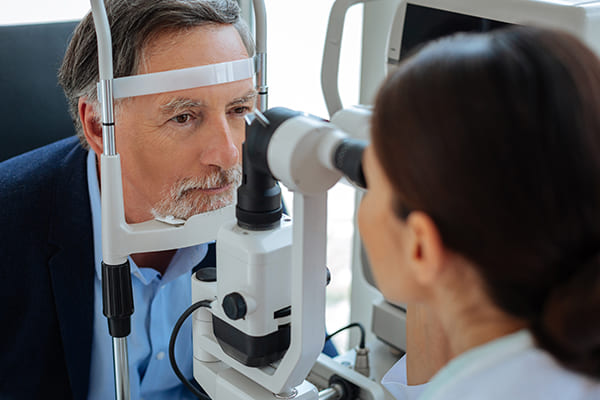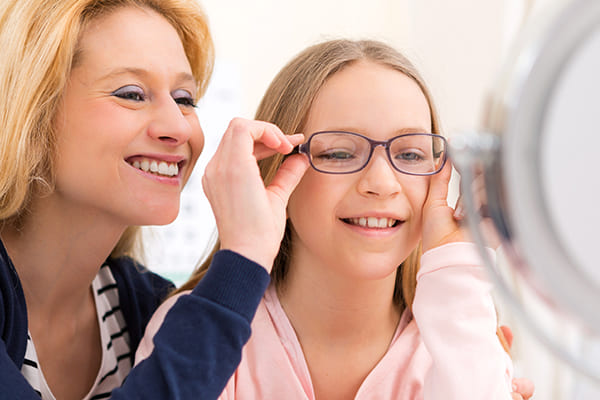
It is common knowledge that exercise plays a critical role in healthy living. Exercise can help improve energy levels, lower blood pressure, aid in weight loss, helps to build muscle and so much more. But one benefit of exercise that is not as well known is the profound impact on your eyesight.
Based on recent research, eye conditions are usually a direct result of a health issue such as high blood pressure, diabetes, high cholesterol level, etc. While some of these diseases are unavoidable, exercising regularly can definitely help in the prevention of these diseases and in doing so, help keep the eyes healthy. In addition to physical exercise, there are even some eye exercises that can be done to keep your vision healthy. Some examples are focusing on certain points, rolling your eyes in different directions, writing with the eyes, etc.
Cataracts and Exercise
According to a study in 2003 and another in 2006, a relationship was discovered between an increase in exercise and a decrease in cataract. It emphasized that there is a greater chance for cataract if there is an absence of physical activity. This implies that taking a light walk or jog around your house or on a field track consistently can contribute to the fight against cataracts.
Macular Degeneration and Exercise
According to one study, exercising three times or more on a weekly basis reduces ones’ chances of developing exudative macular degeneration. Exudative macular degeneration occurs when blood vessels grow beneath the retina that are not needed and then leak fluid and blood into the eyes.
Glaucoma and Exercise
One major cause in the development of glaucoma is an increase in ocular perfusion pressure. Very light exercises like jogging or walking at least three times weekly helps to reduce the intraocular pressure and improves the flow of blood to the optic nerve and retina.
The benefit of eye exercises
Protects against dry eyes. Eye exercises help maintain and improve the fluid level in the eyes, thus eliminating the probability of dry eyes because as the eyes are being exercised say by rotation, there is the tendency that fluid is produced.
Reduces eye strain and tension. Exercising the eyes daily helps in reducing the strain and tension that has been placed on the muscle. Exercises like rolling the eyes and writing with the eyes help in the contracting and relaxing of the eye muscles. Long hours of study or use of a computer can cause blurry vision, but through exercise, clarity can be achieved by eliminating tension and unnecessary pressure.
Make the eye muscles flexible. Exercises like shifting and swinging the muscles of the eyes help promote flexibility in the muscles of the eyes. Just like exercise helps the body muscles, the same thing applies to eye exercises.
Correction of lazy eye. A lazy eye is a condition in which one of the eyes is not as sharp as the other. Meaning that one eye works better than the other causing imbalance in vision. This usually happens among younger people. Through eye exercising, a lazy eye can be developed and made to function the same way the other works.
Enhances concentration. There are some individuals that find it difficult to focus on an object because it takes them a longer time than others. Exercises like focusing and writing on the wall can help enhance the concentration level of the eyes.
Improves eyesight. Generally, the goal of eye exercises is to have healthy eyesight. All the various exercises of the eye are directed towards different parts of the eyes, enhancing overall vision and clarity.
All these exercises play a major role in the development of the eyes. Engaging in physical exercises can help reduce your chances of having bad eyesight by decreasing your risk of health issues like diabetes, blood pressure, etc. All you need is to be consistent to achieve results.







